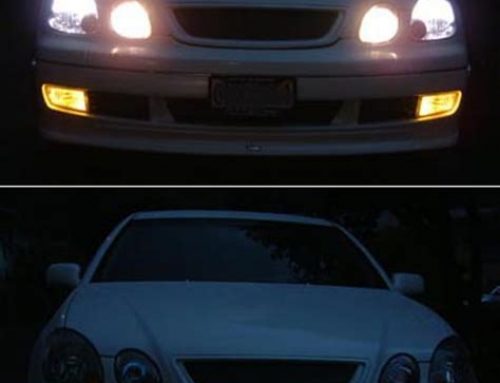There are many opinions and articles out there on conventional vs. synthetic blend vs. full synthetic oils. Here’s some good info to start with:
Full synthetic oils need lower levels of viscosity index “improvers”, which are the oil components most vulnerable to thermal and mechanical degradation as the oil ages, and thus they do not degrade as quickly as traditional motor oils. However, they still fill up with particulate matter, although the matter better suspends within the oil, and the oil filter still fills and clogs up over time. So, consistent, regular oil and filter changes should still be done with synthetic oil.
Tests show that fully synthetic oil is superior in extreme conditions to conventional oil, and perform better for longer under standard conditions. Mineral oil based lubricants, fortified with additives and with the benefit of over a century of development, continue to be the predominant lubricant for most internal combustion engine applications.
Synthetic oils, because of their chemical make-up and molecular structures, lubricate more thoroughly and fully. And they continue to do so longer than conventional oils do, before breaking down and not working as well when old. Synthetic oils also work more consistently and evenly when high temperatures in engines tend to cause conventional oils to work a little less well.
The photo above shows what happened when the two types of oil were exposed to a very high temperature (hotter than most engines) for a long period of time.
A couple of definitions:
Oil that comes from the ground and is refined is called “conventional oil”.
“Synthetic blend” oil is a blend of conventional and full synthetic oils. The proportion depends on the brand.
“Full synthetic” oil, 100% synthesized oil, is the best. That’s why most professional race teams use it exclusively. If you want your engine to run well and last longer, it’s worth it.
Want to know more? Click here for a good article on the subject.
NOTE:
Many car and truck manufacturers are now requiring Full Synthetic oil in their vehicles, so call us if you need to know if yours requires it!





